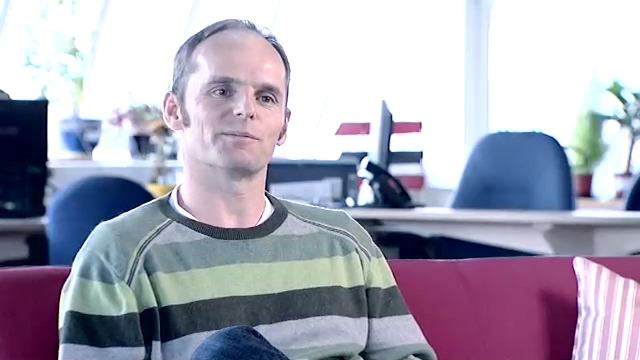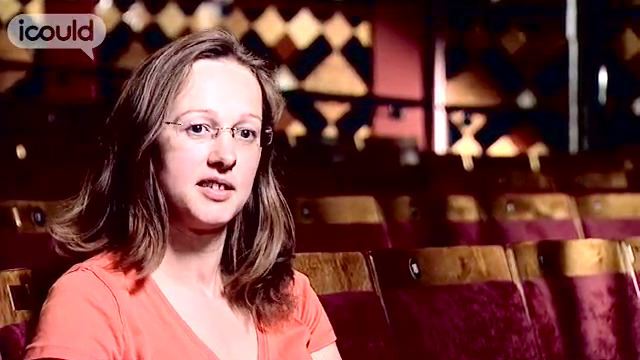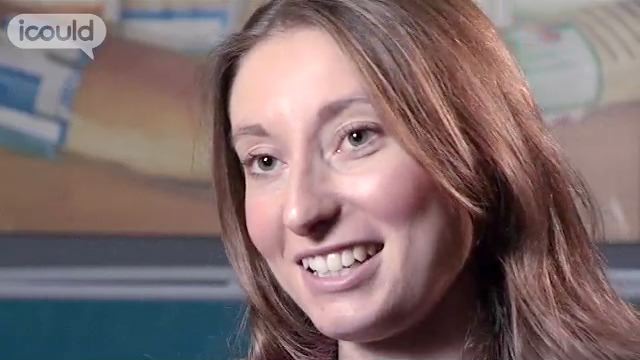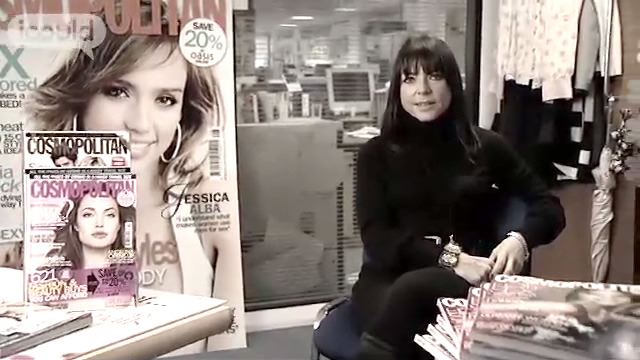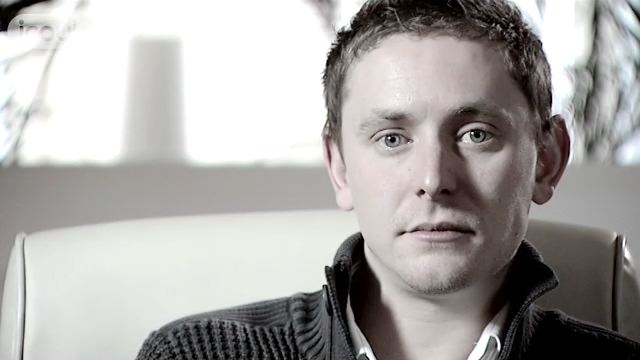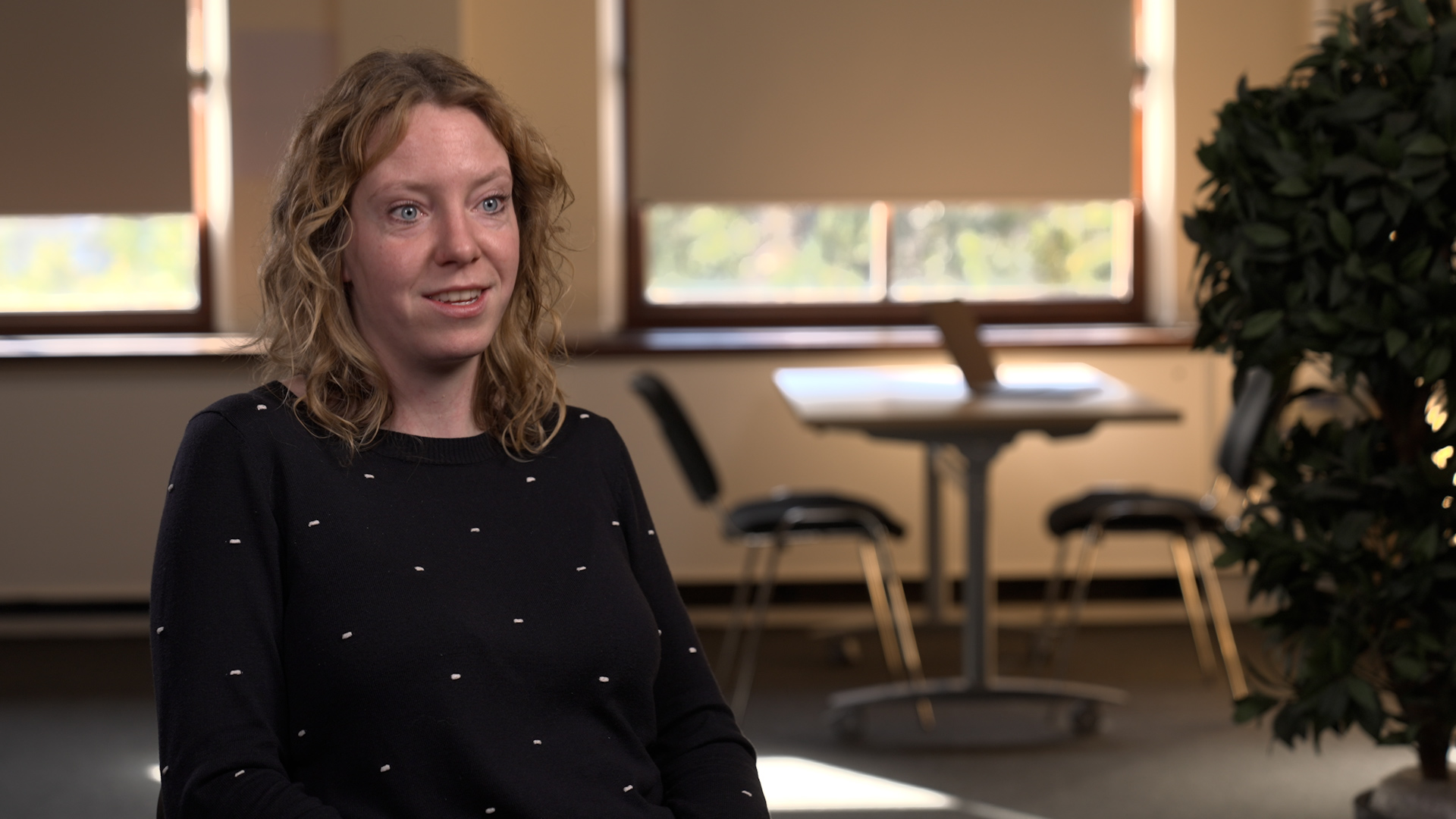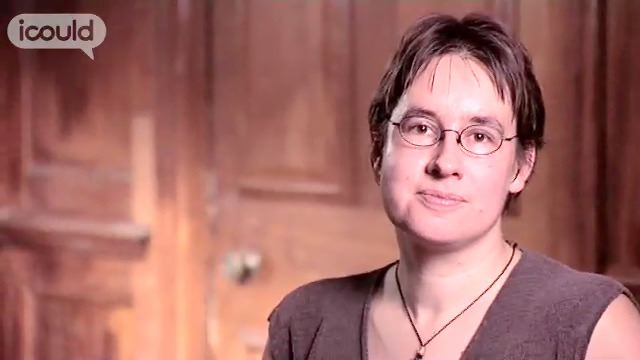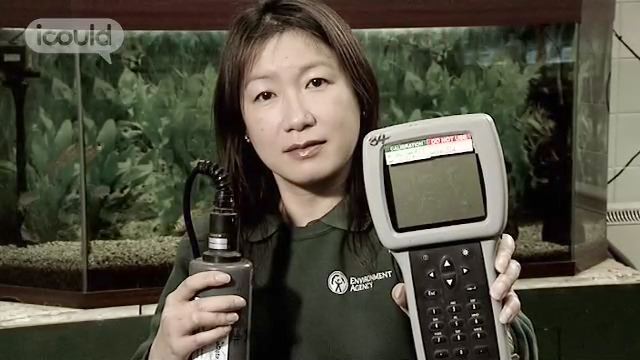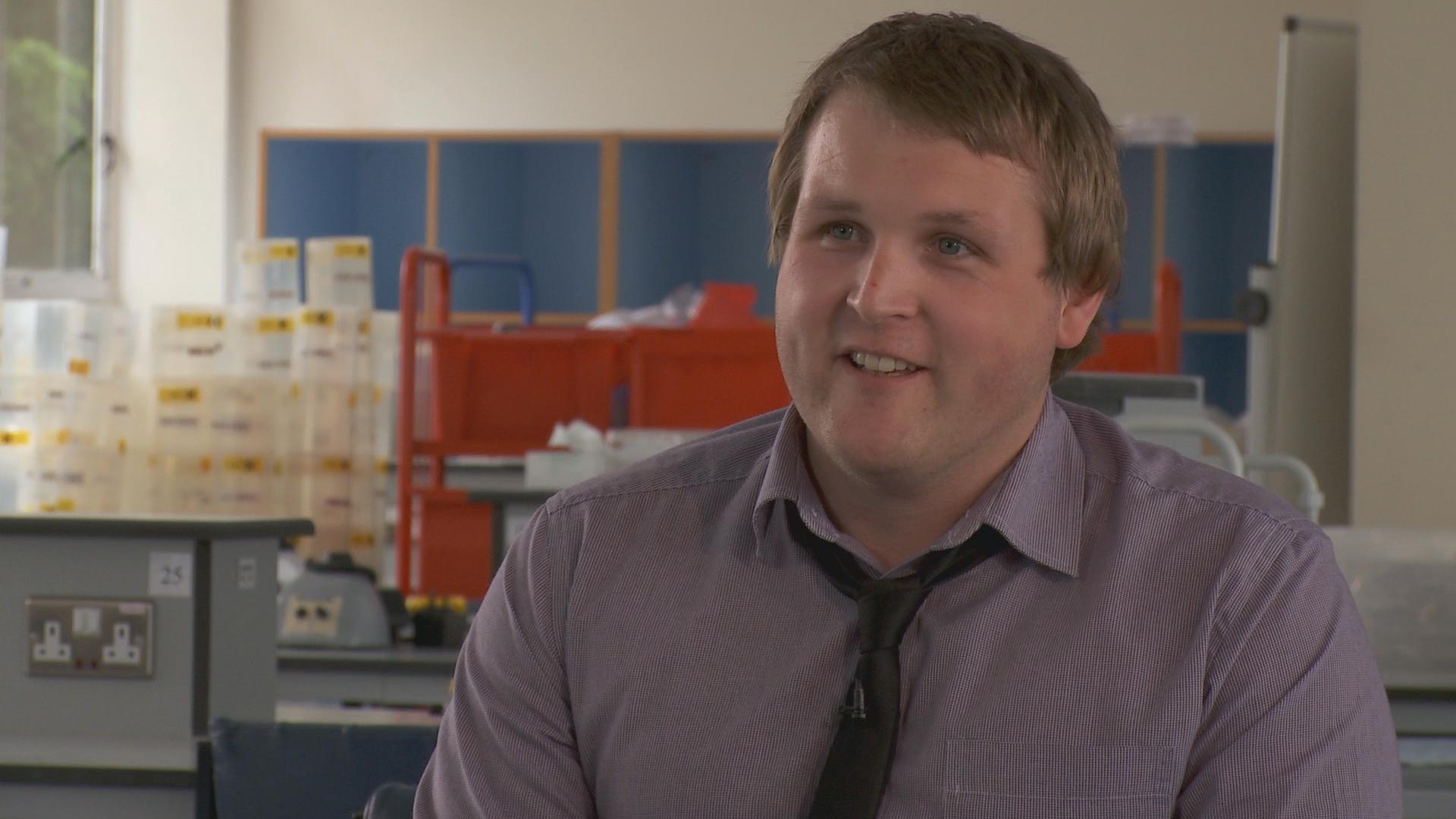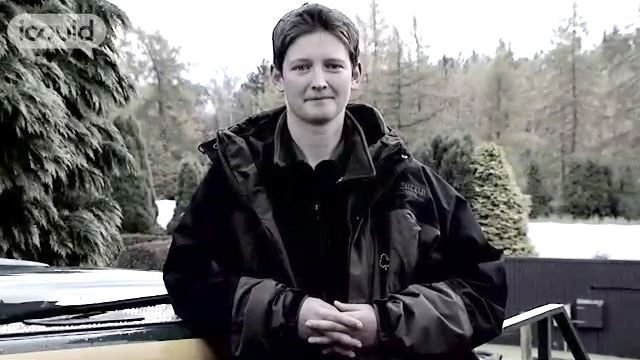Campaign Director
The Student Switch Off
Neil J
00:02 My name is Neil J and I’m a Director of a campaign called The Student Switch Off.
00:06 I was doing a PHD at the Tyndall Centre for Climate Change Research and well obviously and the concern I had with climate change meant that I wanted to try and do something about it so I came up with the idea of having a competition between halls of residence at the University of East Anglia to encourage the students to adopt small energy saving actions. Set it up at the University of East Anglia took it to 7 seven Universities the following year, 11 Universities the following year after that and we’ve just got funding to take it to 33 Universities for the academic year starting in September 2009.
00:37 I’m pleased with the way things have turned out certainly I mean there’s been times when I’ve, I’ve doubted as to whether you know I took, chose the correct career path because I’ve gone from an academic sphere to, to working and managing my own business and as someone with you know with no experience of the business field it was quite a quick learning process.
00:53 My parents didn’t have any interest in environmental issues at all I mean my dad worked, he’s a lecturer in housing at a college near where I live and my mum was a lab technician so they had, there was no interest in environmental issues whatsoever I just kind of just found it by myself I guess.
01:08 I can remember very specifically when I was at primary school about 1990 a woman from Thames Water came along and gave us a talk about climate change and about ozone depletion and it was from then that my interest in environmental issues more generally have kind of, kind of developed. I think it was always like I was going to go to University and my, both my parents went to University so that kind of always seemed to be as something that almost as a given just something that I would do because they’d done it. I think I only thought as far as University I didn’t really think what came after that and I didn’t necessarily chose my University degree well because I hadn’t come up with an idea I wanted to do longer term I didn’t chose my University degree based upon what I wanted to do afterwards. I chose my University degree on what I thought I would most enjoy for the 3 years of study. There, there’s obviously a variety of different area in which you can have low points, I think in the academic side of things, for example my first year of doing geography at Cambridge I pretty much came bottom of the year I got a 2:2 and it really forced me to kind of reassess you know was I, well did I deserve to be at Cambridge for example you know had I, had I just managed to scrape in or whatever and so the kind of typical thing I do any time I have something which doesn’t go right is to go for a run and that really helps me to get my head clear. I went for a run, kind of came up with a, you know an approach about how I would approach the second year at University differently I got a 2:1 in that year and got a 1st in my final year.
02:32 I wasn’t really certain where I wanted to go and just went and did some temping work, I was working at Hampton Court on the car-park, in the maze just letting people in to do really kind of like simple, simple jobs and I ended up working on like on the phone lines and stuff as well some stuff which I, I’d really never wanted to go into but kind of I had to do to fill up the time while I got my head around where it is I wanted to go and I had some other challenges set for myself that year so I did the London Marathon and I cycled from Lands End to John O Groats and a lot of my friends from Cambridge went into job in accounting or in law or in banking and to me that seemed to me about the worst thing you could possibly do I, I didn’t want a job where I worked for a big organisation where I was just one person amongst you know hundreds of people and just didn’t really mean anything. There was a lot of people who went into jobs just because they could get a lot of money and that to me didn’t seem to be a very good a reason to go into a job.
03:25 During the point at which The Student Switch Off developed, so from the kind of business side of things I was one of two Ben and Jerry’s Climate Change ambassadors for the UK and they helped me expand from the trial I’d done at the University of East Anglia to 7 Universities and there I was mentored by their UK brand manager of Ben and Jerry’s and that was essential because I was coming at it from an academic perspective and I had no experience in the business field whatsoever and they gave me their expertise to be able to help me to, to set it up and to come with a, a concept and a model to be able to take to other Universities and that was, the mentoring there was really essential and I don’t think I’d be where I am now without that.
Neil J is a Director of a campaign called The Student Switch Off. He says “I came up with the idea of having a competition between halls of residence at the University of East Anglia to encourage the students to adopt small energy saving actions… we’ve just got funding to take it to 33 Universities for the academic year starting in September 2009”.
More information about Marketing and sales directors
The UK average salary is £29,813
There are 37.5 hours in the average working week
The UK workforce is 47% female and 53% male
Future employment
- Liaises with other senior staff to determine the range of goods or services to be sold;
- Discusses employer’s or clients’ requirements, plans and monitors surveys and analyses of customers’ reactions to products;
- Examines and analyses sales figures, advises on and monitors marketing campaigns and promotional activities;
- Controls the recruitment and training of staff;
- Produces and/or assesses reports and recommendations concerning marketing and sales strategies.
